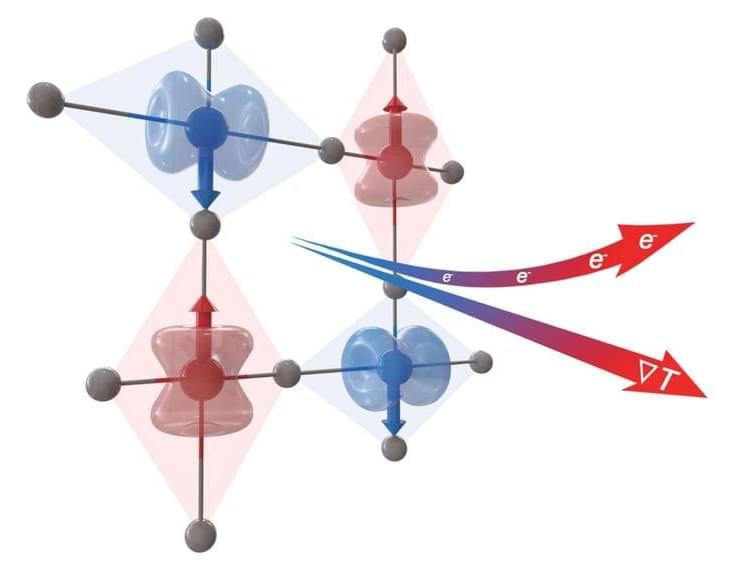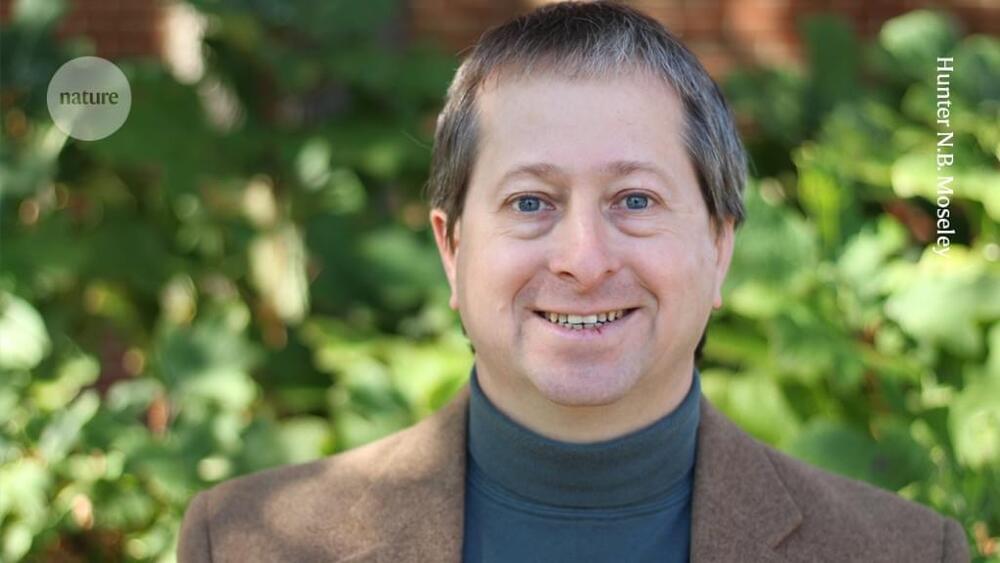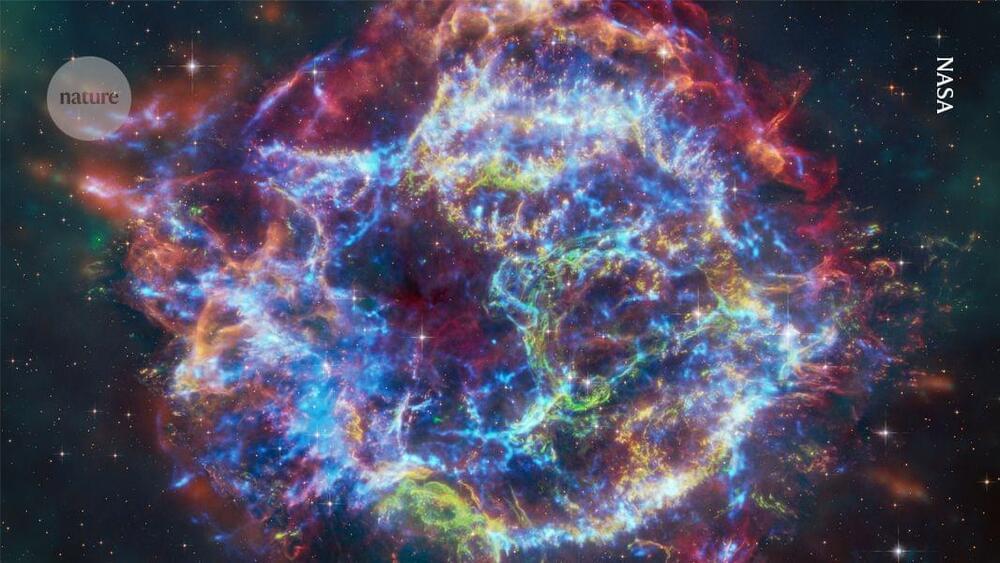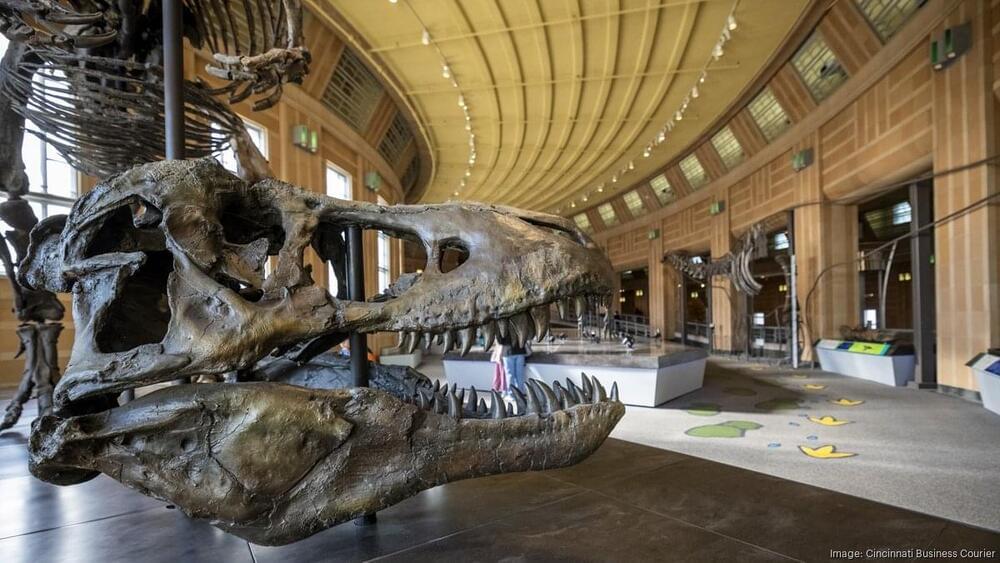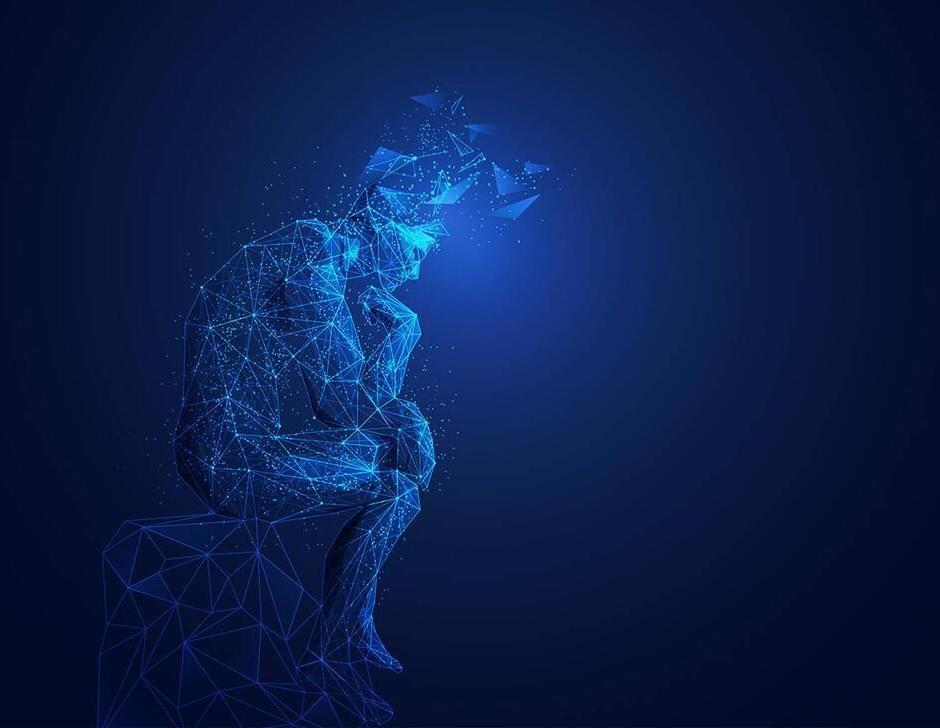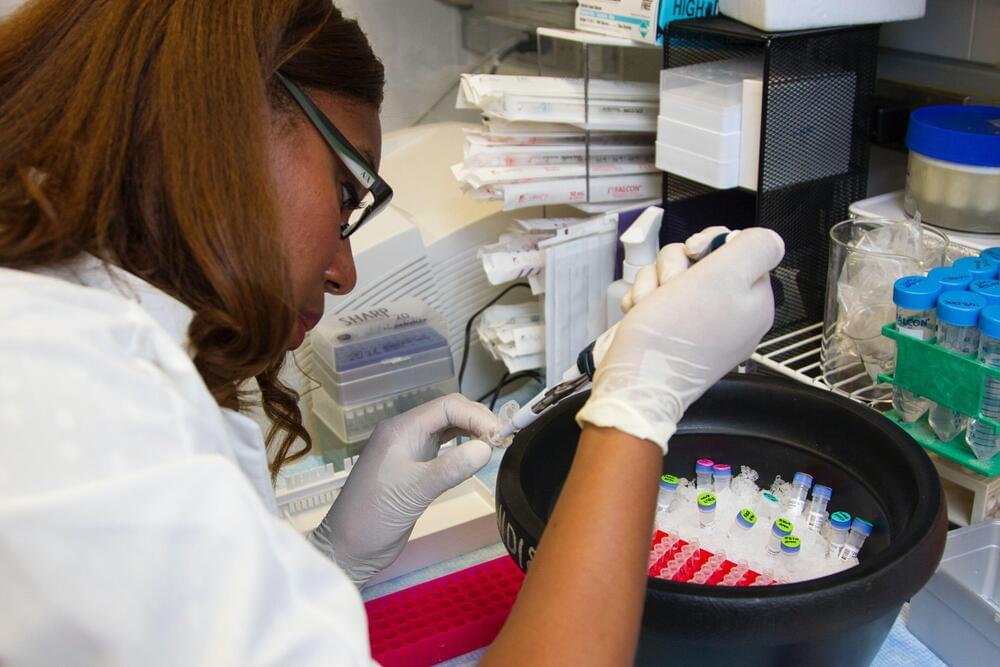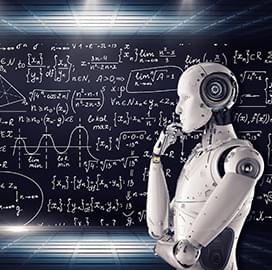In creating five new isotopes, an international research team working at the Facility for Rare Isotope Beams (FRIB) at Michigan State University has brought the stars closer to Earth.
The isotopes —known as thulium-182, thulium-183, ytterbium-186, ytterbium-187 and lutetium-190—are reported in the journal Physical Review Letters.
These represent the first batch of new isotopes made at FRIB, a user facility for the U.S. Department of Energy Office of Science, or DOE-SC, supporting the mission of the DOE-SC Office of Nuclear Physics. The new isotopes show that FRIB is nearing the creation of nuclear specimens that currently only exist when ultradense celestial bodies known as neutron stars crash into each other.

